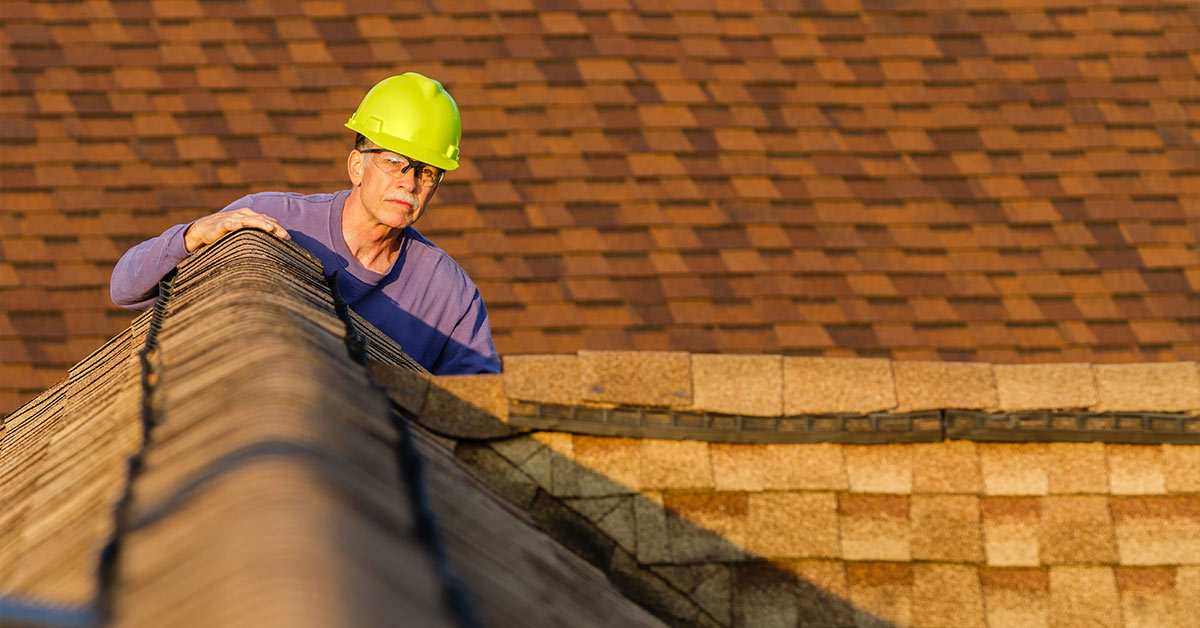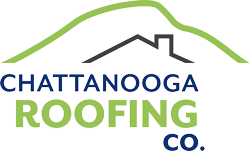
email us
ted@chattanoogaroofingco.com

call us now
(423) 308-ROOF
Property roof inspection

29 Dec. 2023
How Does a Roof Inspection Work?
Maintaining a home’s value and comfort can sometimes feel like navigating through a complex maze. But imagine having people that can help you keep your roof in top shape. That is where roof inspections from Chattanooga Roofing Company come in. But, how does a roof inspection work? These offer homeowners peace of mind when it comes to taking care of their roofs. From detecting problems to preventing disasters, these inspections serve multiple purposes. So, let’s explore the process of how roof inspections work.
How Does a Roof Inspection Work? 10 Steps for Each Roof Inspection
1. Scheduling the Inspection
The first step in a roof inspection is scheduling the service. Homeowners typically arrange inspections after severe weather and before buying or selling a property. This is also done as part of regular home maintenance every 2-3 years.
2. Initial Consultation
Before the inspection, the inspector may discuss any concerns or issues the homeowner has noticed. This helps in focusing on potential problem areas during the inspection.
3. Visual Check-up From the Ground
The inspector begins with a ground-level visual check-up. They look for signs of roof damage, such as missing shingles. But there is more; they also look for visible wear and tear or debris that could indicate underlying issues.
4. Checking Roof Surface
The inspector then checks the roof surface. This involves checking shingles, tiles, or other roofing materials. They do it to find signs of damage, aging, or improper installation.
5. Structural Integrity Check
A key part of the inspection is checking the roof’s structure. The inspector checks for sagging and uneven roof planes.
6. Interior Inspection
The inspection also includes checking the interior of the house, especially the attic. The inspector looks for signs of water intrusion, mold, and mildew. Another key detail the inspector pays attention to is proper insulation and ventilation.
7. Gutter and Downspout Evaluation
Gutters and downspouts are important for proper water drainage. The inspector makes sure that they are free of debris and doing their job.
8. Additional Components Check
Depending on the roof type and house structure, the inspector may also check skylights, chimneys, vents, and flashing. This helps the inspector look for any signs of damage or leaks.
9. Detailed Reporting
After the inspection, the inspector provides a detailed report. This report outlines the condition of the roof, any issues found, and recommendations for repairs or maintenance.
10. Follow-up Consultation
After the inspection, a follow-up consultation takes place. In this, the inspector discusses the findings in detail. During this session, the inspector elaborates on any issues detected. They also explain their potential impact and urgency.
They also provide guidance on repair options, estimated costs, and maintenance tips to prolong the roof’s lifespan. This consultation is an opportunity for homeowners to ask questions and clarify doubts. It helps make sure that they fully understand the condition of their roof.
Additionally, the inspector can offer insights into preventative measures and best practices for roof care. This helps homeowners plan future maintenance and budgeting effectively.
Conclusion
A thorough roof inspection is essential for maintaining the health and longevity of your roof. Understanding this process helps homeowners appreciate the importance of regular inspections.
Plus, it helps them make informed decisions about their roof’s maintenance. Regular inspections can prevent minor issues from becoming major problems. Ultimately, this can save time and money. Contact us today to schedule your inspection!
- By: chattroof
- commercial roof inspection, Property roof inspection, Roof examination, Home roof inspection., Roof survey, Roof assessment, Roof evaluation, Roof scrutiny, Roof appraisal, Roof check-up, Roof analysis, Roof review, Roof overview, Roof check, Roof diagnosis, Roofing inspection, roof inspection service, House roof inspection, professional roof inspection, Residential roof inspection
visit Us: 529 S. Germantown Rd. Chattanooga, TN 37411
email us: ted@chattanoogaroofingco.com
24/7 Emergency call (423) 308-ROOF

